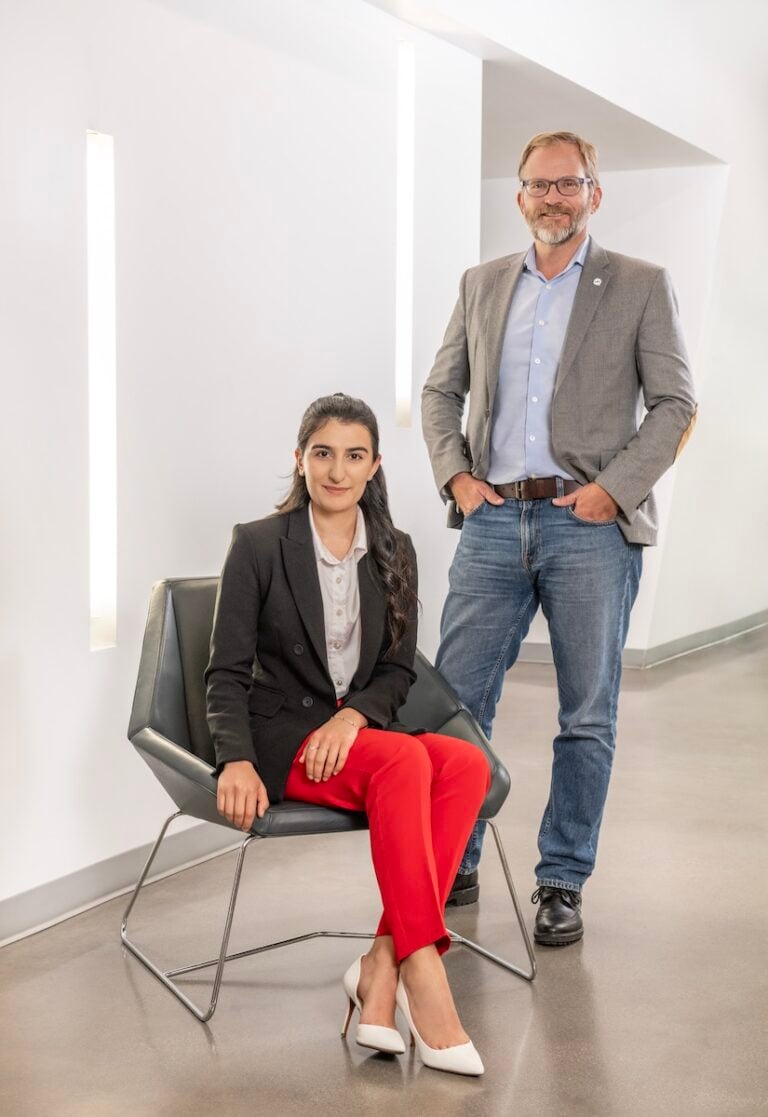
Business incubators and accelerators are a cornerstone of startup culture, and Los Angeles County has scores of both.
Incubators give specialized attention to a limited number of companies, providing them with the resources and the know-how to launch and then grow their business. Many incubators take equity stakes in the companies, while others rent out physical space.
Accelerators take cohorts of young companies, put them through a course of workshops and seminars to give them the tools to speed up their growth. The courses are usually for a limited time period of up to six months, culminating in presentations to investors.
“Incubators and accelerators provide structured access to decision makers and potential customers in a way that builds collaboration and assesses market fit for solutions in an expedited manner,” said Taylor McPartland, chief executive of ScaleHealth, a Palms-based health innovation marketplace that connects health care startups with other health organizations to ensure access to health care resources they need to grow their businesses.
“Additionally, incubators and accelerators help to give startups a clear call to action and an opportunity to showcase their team and vision even if they are very early in their journey.”
There are no firm figures for how many incubators and accelerators there are in the county. McPartland did say he’s seen a reduction in the ranks as some programs, particularly accelerators, have pivoted away from structured programs toward more individualized consulting assistance for companies.
“I would love to see a comprehensive list of all incubators and accelerators in the L.A. area, what their focus is, what they offer, notable alumni, and what their application timetable is,” he said. “It would really help local startups and provide more visibility to local incubators and accelerators.”
LA Cleantech Incubator
Business incubators are often launched with help from the public sector, as was the case for one of the more prominent downtown entities, the Los Angeles Cleantech Incubator.
The concept arose out of the administration of former Los Angeles Mayor Antonio Villaraigosa, which had a simple goal: to make Los Angeles one of the nation’s foremost leaders in clean technology innovation. Funding came from federal, state and local government sources, while local real estate developer, property manager and philanthropist, Morton LaKretz donated the downtown land. All told, some $50 million was invested to create and help sustain the incubator’s growth.
While the city ran the incubator initially, the entity has since converted to nonprofit 501(c)(3) status.
Since its 2011 launch, the incubator has served a total of about 370 companies.
“We are building a clean tech manufacturing legacy in Los Angeles,” said Matt Petersen, the incubator’s chief executive. “Our mission is also to create an inclusive green economy,” he continued, noting that 46% of the most recent crop of companies are women-owned and nearly 80% of the companies are owned by people of color.
Petersen said applicant companies are chosen from three clean tech subsectors: noncarbon-based transportation technologies, renewable energy/electrification and sustainable communities.
Each cohort consists of up to 15 companies are then selected for a two-year program that includes an upfront accelerator-type course followed by ongoing support. The companies have access to an extensive array of resources, including being assigned an executive coach. Every startup gets free access to a dedicated desk on campus and access to conference room facilities.
Petersen said the incubator takes a 1.5% to 3% equity stake in each company in the incubator program; the startups can then earn back 50% of this equity stake. The remaining incubator’s stake is then converted to longer-term warrants.
In 2019, the incubator launched a venture fund that companies in the incubator program can apply to once they’ve gone through the first six months of the program. Incubator personnel also help companies seek other sources of funding.
Hero House
Business accelerator programs can be either publicly or privately administered.
Many local business schools, such as the Anderson School of Management at UCLA or the Marshall School of Business at USC, have their own accelerator programs, often targeting business school enrollees who have started companies.
One example of a privately-run accelerator program is Hero House, run by Glendale-based technology-oriented venture capital firm SmartGate VC.
Hero House launched two years ago primarily as a vehicle to prepare the way for future SmartGate VC investments. SmartGate VC won a bid for $500,000 in seed money from the city of Glendale that helped launch the accelerator program. But once that money runs out, SmartGate VC will fund the program itself, through its
typical process of raising money for its investment funds.
“As an investment fund, we are looking toward companies ready for pre-seed funding,” said Armine Galstyan, the principal at SmartGate VC who is in charge of the Hero House accelerator program. “The accelerator serves as a tool to work with startups to get them ready for funding and market launch.”
The program is aimed at startup tech companies that have at their core artificial intelligence technology, Galstyan said. Up until now, Hero House has had about two cohorts of about 10 companies a year going through a 16-week program where company founders learn how to take their software technology to market. The program ends with a “demo day,” of successive presentations to potential investors.
SmartGate VC then evaluates the companies. Galstyan said the firm ends up investing in roughly half the startups.
